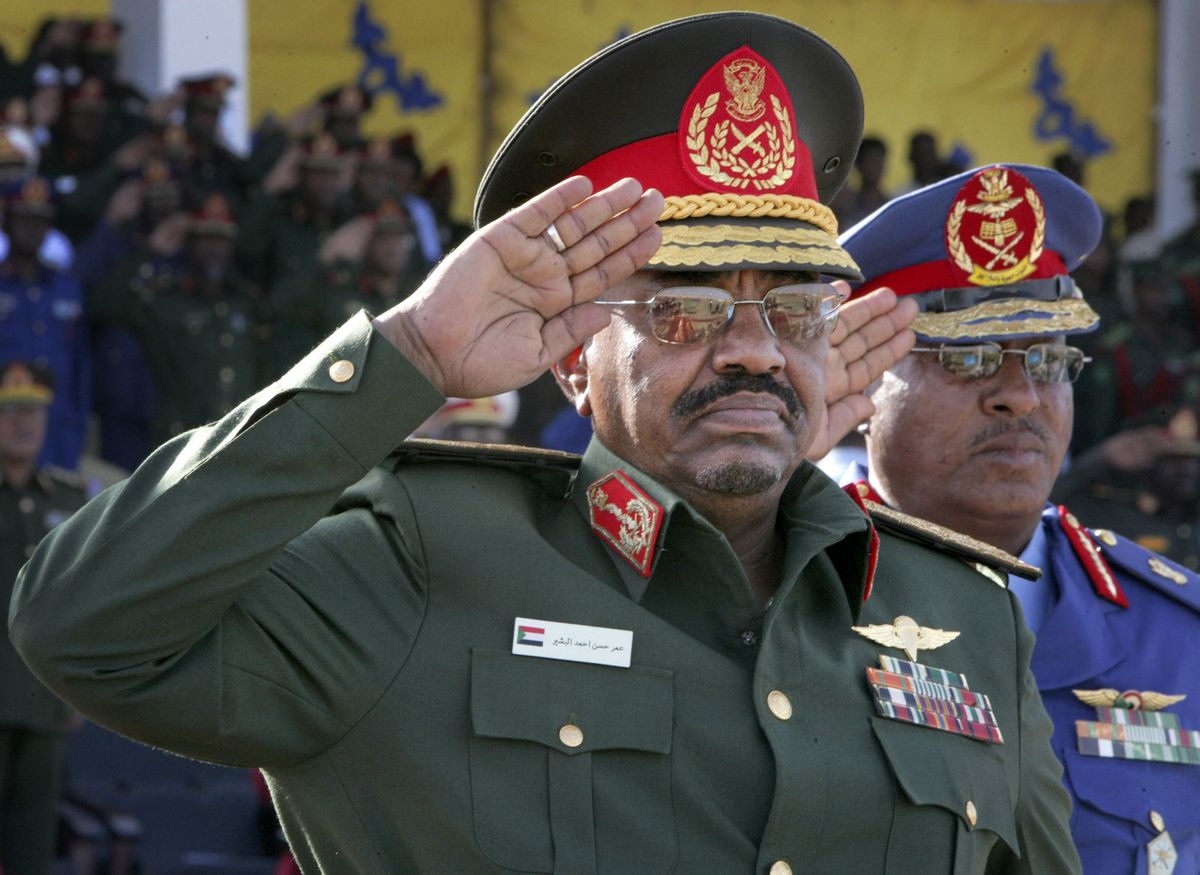Leader charged with Darfur war crimes
Sudan boots aid groups in retaliation

THE HAGUE, Netherlands – The president of Sudan became a wanted man Wednesday when the International Criminal Court charged him with war crimes and crimes against humanity in Darfur – its first action against a sitting head of state and one that could set the stage for more world leaders to be indicted.
President Omar al-Bashir’s government retaliated by expelling 10 humanitarian groups from Darfur and seizing their assets, threatening lifesaving operations, a U.N. spokeswoman said.
Susan Rice, the U.S. ambassador to the United Nations, said the United States supported the court’s action “to hold accountable those who are responsible for the heinous crimes in Darfur.” Up to 300,000 people have died and 2.7 million have fled their homes in the region.
U.N. officials in Sudan will continue to deal with al-Bashir because he remains the president of the country, U.N. spokeswoman Michele Montas said in New York.
In the Sudanese capital of Khartoum, the government denounced the warrant as part of a Western conspiracy aimed at destabilizing the vast oil-rich nation south of Egypt. “There will be no recognition of or dealing with the white man’s court, which has no mandate in Sudan or against any of its people,” the Information Ministry said.
Several thousand people waving pictures of al-Bashir and denouncing the court turned out in a rally in Khartoum. Some waved posters of chief prosecutor Luis Moreno Ocampo’s face with pig ears superimposed to chants of, “Cowardly pig, you will not get to the Sudan.”
Al-Bashir, who denies the accusations, drove through the capital after the warrant was announced, waving at crowds. Security was tightened at many embassies, and some diplomats and aid workers stayed home amid fears of retaliation against Westerners.
The decision by the court lays the groundwork for potential indictments of other heads of state that have been mentioned as possible targets of war crimes investigations, including leaders of other African nations and Israel.
“Head of state immunity no longer is a bar to prosecuting heads of state who commit war crimes and crimes against humanity during their time in office,” said David Crane, an international law professor at Syracuse University and former prosecutor of the Sierra Leone tribunal that indicted exiled Liberian President Charles Taylor and put him on trial in The Hague. After he left office, Serbian President Slobodan Milosevic was indicted by the tribunal for the former Yugoslavia.
Crane said the principle could even extend to former U.S. President George W. Bush over claims officials from his former administration may have engaged in torture by using coercive interrogation techniques on terror suspects.
ICC spokeswoman Laurence Blairon said that in issuing the warrant for the arrest of al-Bashir for war crimes and crimes against humanity, the three-judge panel said he is suspected of responsibility for “intentionally directing attacks against an important part of the civilian population of Darfur, Sudan, murdering, exterminating, raping, torturing and forcibly transferring large numbers of civilians, and pillaging their property.”
But the judges said there was insufficient evidence to support charges of genocide.
If al-Bashir is brought to trial and prosecuted, he faces a maximum sentence of life imprisonment.
African and Arab nations fear the warrant will destabilize the whole region, bring even more conflict in Darfur, and threaten the fragile peace deal that ended decades of civil war between northern and southern Sudan. China, which buys two-thirds of Sudan’s oil, supports the African and Arab positions.
Some African nations reportedly threatened to pull out of the court in retaliation for a warrant. Thirty African countries are among the court’s 108 member states.